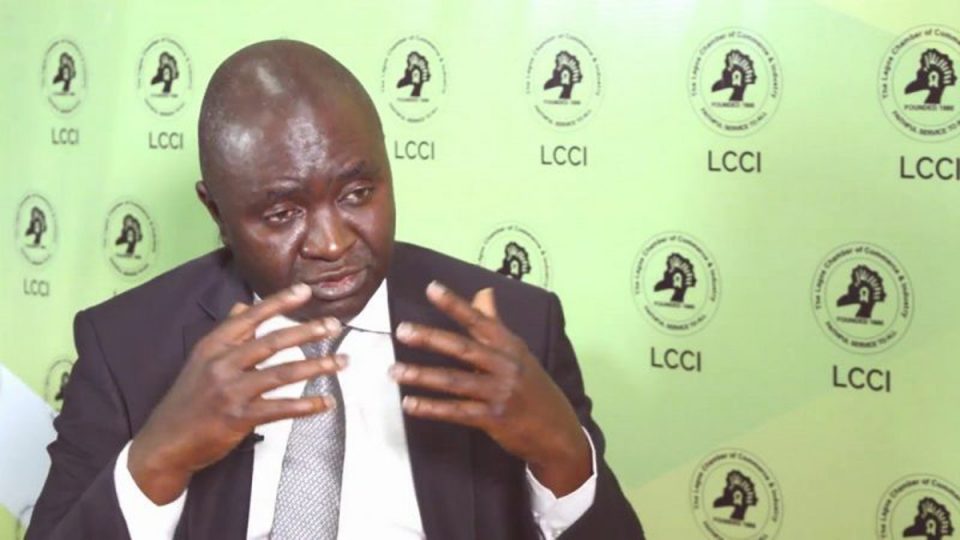The Lagos Chamber of Commerce and Industry (LCCI) has urged the Federal Government to intensify efforts toward tackling the nation’s security and foreign exchange challenges to stem the current inflationary pressures.
Dr Muda Yusuf, Director-General, LCCI made the plea in a statement on Wednesday in Lagos following the reports of accelerated headline inflation for January 2021 at 16.47 per cent.
Yusuf said there was need to stabilise the foreign exchange market to reduce liquidity concerns and associated uncertainties and disruptions in the economy.
He said it was pertinent to expeditiously ease logistics costs, resolve port challenges and related bottlenecks, which were negatively affecting production flows in the country.
Yusuf ascribed the food index inflation to festive-induced demand for food items, which he said elevated food prices in December 2020, moderated considerably in January 2021.
He also said that the Naira exchange rate depreciation and the forex liquidity challenges were major drivers of core inflation pressures.
Yusuf said the major factors responsible for the uptick in headline inflation were basically supply-side issues, which include heightened insecurity, particularly in the Northern and Middle Belt region, the major food producing regions in Nigeria.
He said others were increased cost of transporting food items from farms to markets, weak productivity in the agricultural sector and increased cost of agricultural outputs.
According to him, key drivers of core inflation include Naira exchange rate and foreign exchange liquidity concerns, higher energy costs, and the uptrend in the financing fiscal deficit by the Central Bank of Nigeria (CBN).
Yusuf said that the consistent rise in domestic prices were with profound implications for entrepreneurs and the larger investing community.
“The Lagos Chamber of Commerce and Industry notes with concern the continued uptrend in domestic consumer prices as headline inflation further accelerated to 16.47 per cent in January 2021, the highest since May 2017.
“The uptick in domestic prices was largely driven by the persistent food inflationary pressures, with food inflation hitting a record 20.57 per cent, the highest level since the 2009 CPI series began.
“Higher prices translate to increased production costs for manufacturing companies, with consequent impact on their bottom-line since it is not in all situation that higher inputs cost can be transferred to consumers.
“This weakens the capacity of corporates to deliver value to shareholders via dividend payment amid dim profit prospects.
“Rising food prices would see most low and middle-income households spend more on food commodities, with little amount to save and/or invest, thereby pushing more Nigerians below the poverty line.
“Government authorities at national and sub-national levels should address security concerns in the country, due to its scale of importance as far as food production is concerned in Nigeria,” he said.




